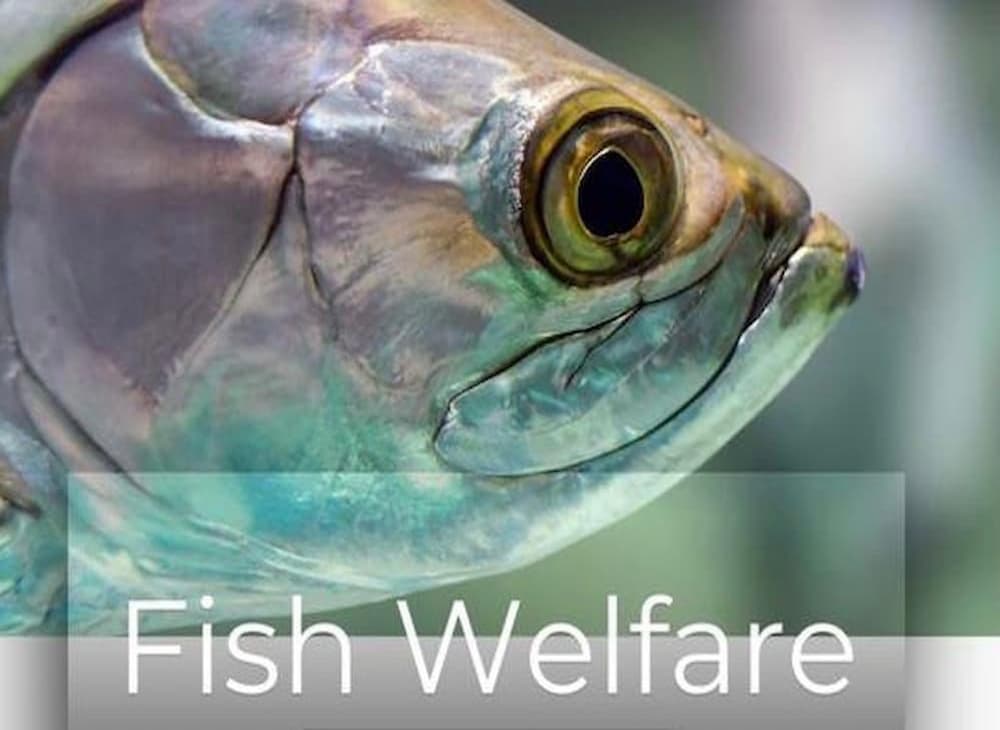LONDON, 13th July 2022
The Conservative Animal Welfare Foundation (CAWF) has welcomed a session of the All-Party Parliamentary Group for Animal Welfare focussed on increasing welfare protection for farmed fish. The purpose of the meeting was to consider current protections for farmed fish, including the effectiveness of voluntary schemes, and whether action needs to be taken by industry and government.
During the session, Chaired by Lord Trees, CAWF’s Director of Programs Philip Mansbridge gave evidence to the APPG on cleaner fish, a subject which the Conservative Animal Welfare Foundation published a report in May this year (here). Specifically, he raised:
- The number of cleaner fish (lumpfish and wrasse species) produced in Scotland every year – around 15 million – used by the aquaculture industry as cleaning tools to consume sea lice on salmon farms. These fish are treated as highly disposable, since they either die in the process or are slaughtered and discarded at the end of every salmon cycle.
- The questionable efficacy of cleaner fish and thus the justification for their use in such numbers.
- The difficulty of adequately meeting the welfare needs of cleaner fish in such environments.
Fish are one of the most farmed animals in the UK, with an estimated 77 million farmed and slaughtered each year. Increasing legal protections for farmed fish in the UK is a key focus for the Conservative Animal Welfare Foundation campaign, which recently released a report calling for regular inspections and mandatory CCTV in fish slaughterhouses in February this year (here).
There is a huge disparity between the legal protection afforded to fish versus that afforded to terrestrial farmed animals, despite clear scientific evidence which demonstrates that fish are sentient beings – much like cows, pigs, chickens, and other farmed animals.
Alongside Philip, other speakers included:
- Amro Hussain, The Humane League;
- Jenny Canham, Animal Equality UK;
- Sean Black, RSPCA;
- Ronnie Soutar, Fish industry expert;
- Professor Jim Turnbull, academic.
You can view CAWF’s report into fish sentience here, and crustacean sentience here. CAWF’s report on fish welfare can be read here.
Phil Mansbridge, Director of Programs at Conservative Animal Welfare Foundation, commented: “With an estimated up to 77 million fish farmed each year in the UK, it just simply isn’t logical that fish do not receive the same legal protections as terrestrial farmed animals. To really ensure their welfare, we need to stop relying on industry codes and start relying on official regulations. Additionally, we need to focus on the welfare of the 15 million so called ‘cleaner fish’ produced in Scotland each year for the salmon industry – all of which are either die whilst in use, or are slaughtered at the end of the salmon cycle.”

